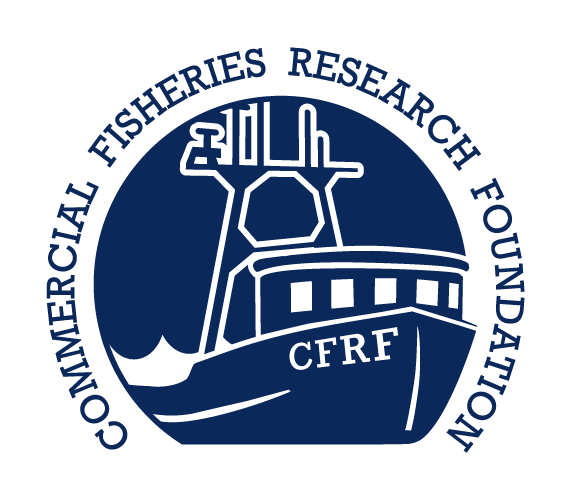We recently completed a pilot project to implement a plan to improve boulder relocation practices during offshore wind development. Read below to learn what we did and what we learned!
background
Offshore wind energy development often requires the relocation of large boulders to provide scour protection, stabilize turbine foundations, and clear routes for cables. Relocated boulders can pose safety risks to fishermen by creating new 'hangs' in which gear may become caught, as well as potentially affect the habitat structure and fish communities in established fishing grounds. In April 2025, we co-hosted an event focused on these issues with Rhode Island Sea Grant, the University of Rhode Island, and the Commercial Fisheries Center of Rhode Island (CFCRI).
In response to the feedback from stakeholders at the event, we collaborated with CFCRI on a pilot project to identify relocated boulders that pose fishing hazards in the Revolution Wind Farm lease area and demonstrate a simple and effective path for future applications to reduce the negative impacts of boulder relocation on fishing.
methods and results
Construction of the Revolution Wind Farm resulted in nearly 2,800 boulders being relocated. We interviewed mobile gear fishermen who historically fished within this wind farm lease area and used the information gathered to map previously towable fishing grounds within the Revolution Wind Farm. We found that only five of the relocated boulders were within these fishing areas (click map to enlarge).
These problematic boulders represent <1% of the nearly 2,800 relocated boulders, which indicates the issue of boulder relocation as it relates to fishing safety may be relatively easily overcome. In the future, this project’s approach could be conducted during relocation planning to identify boulders that need to be relocated strategically outside of towable fishing areas. This approach could minimize direct impacts on fishing vessel safety and contribute to a more positive and collaborative working relationship between offshore wind developers and fishermen.

